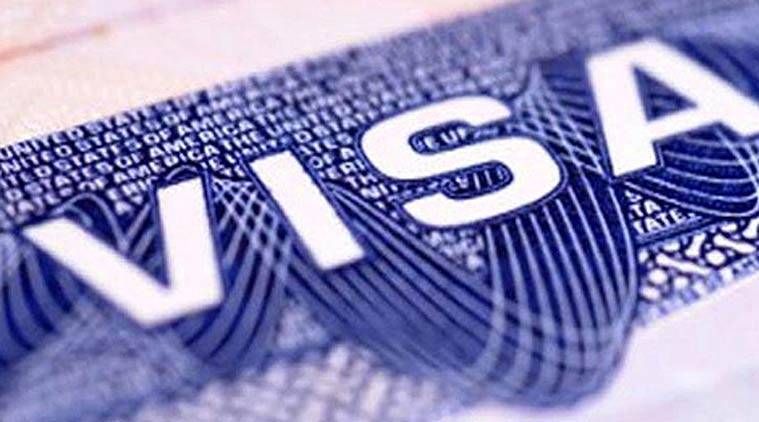Last year, Schengen countries received the third-highest number of visa applications from India, totaling 970,000, marking a 44% increase from 670,000 in 2022. Among the top five countries, India saw the second-highest rise in visa applications after China, with Morocco and Turkey following suit, as reported by the European Commission. However, this surge has led to significant obstacles for many Indian travellers due to the unavailability of visa interview slots, disrupting their travel plans.
Anil Kalsi, Vice-President, Travel Agents Federation of India, told the Times of India, “Appointments are simply not available with a majority of Schengen countries. If you want to travel to Europe this summer, the earliest appointment date for Germany and Italy is in July. This is making life very difficult for travellers. Rules require people to apply to the consulate of the country which will be their primary destination in Europe. But people are forced to opt for any country that has an appointment available for a visa in time.”
According to travel experts in India, the real demand for Schengen visas is likely much higher than the official numbers suggest. However, due to the lack of available visa interview slots, many Indians who wished to travel were unable to even apply for Schengen visas.
China and Russia have experienced different dynamics. China, having opened its borders for international travel just last year, saw a significant surge in demand, jumping from 22nd place in 2022 to the top of the table in 2023. It recorded the highest increase, a remarkable 1,104%, indicating a tenfold rise in applications compared to the previous year.
Russia, on the other hand, slipped from rank 2 in 2022 to rank 5 in 2023, mainly due to the war in Ukraine and the ensuing sanctions. Russian Schengen visa applications fell 25% over the past two years.
Several travel agents have complained to the Visa Facilitation Services (VFS) but have not received any responses. A VFS Global spokesperson told TOI, “Visa decision timelines are entirely at the discretion of the respective embassies/consulates. We urge travellers to plan travel early to avoid last-minute surprises. Most countries accept visa applications up to 90 days (3 months) before the date of travel.” According to the revised Schengen Visa Code, effective February 2, 2020, you can apply for a Schengen visa up to 6 months before your date of travel.”
Until recently, European Union policy allowed the issuance of short-term visas to frequent visitors, which involved reapplying repeatedly. This policy has not changed, TOI reported.
The Schengen visa zone includes 25 EU member states along with four non-EU countries: Iceland, Liechtenstein, Norway, and Switzerland. The EU member states are Austria, Belgium, Czech Republic, Denmark, Estonia, Finland, France, Germany, Greece, Hungary, Italy, Latvia, Lithuania, Luxembourg, Malta, Netherlands, Poland, Portugal, Slovakia, Slovenia, Spain, and Sweden.






